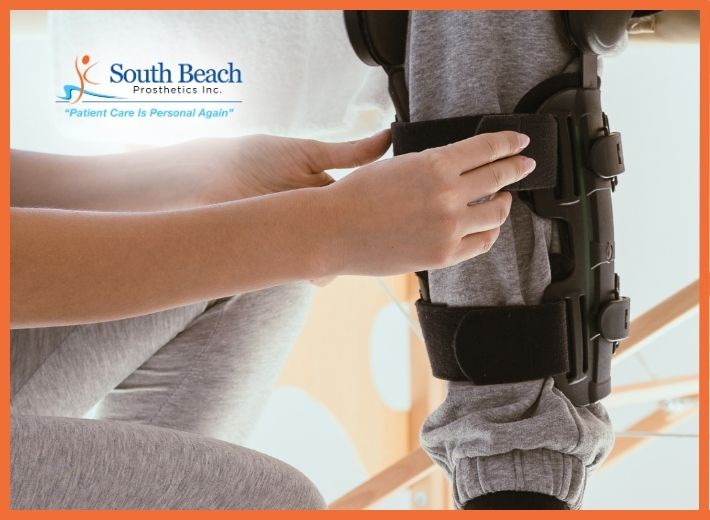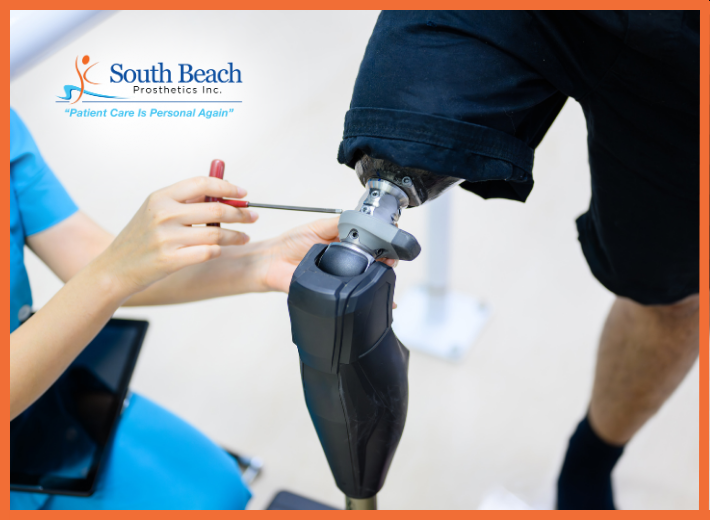As a prosthetics company, we understand the importance of proper nutrition in the recovery process. A healthy diet can aid in the body’s natural healing process and help speed up recovery time. It’s no secret that eating well is crucial for good health, but with so much conflicting information out there, it can be overwhelming to know where to start. Fortunately, there are simple ways to improve your diet that can have a big impact on your overall health.
While many people might be taking a pass on formal New Year’s resolutions this year, others may mark a fresh start by resolving to make up for poor eating habits of the past. But this motivation is often focused on a diet that’s too ambitious or restrictive. Without a solid plan, you may fail quickly. So consider a compromise: start with these three easy ways to eat a healthier diet.
Aim for real food only
Look at your plate and note what’s processed and what isn’t. Maybe it’s the whole thing (like a frozen dinner), or maybe it’s just part of your meal (like the bottled dressing on your salad). Think of where you can swap processed foods for healthier versions. Ideas include
- eating whole-grain pasta instead of enriched white-flour spaghetti
- having quinoa instead of white rice
- making your own snacks like baked chickpeas, instead of opening a bag of potato chips.
Processed foods are linked with chronic inflammation and other health conditions such as heart disease, diabetes, and cancer. One of the healthiest diets you can eat is a Mediterranean-style eating plan rich in vegetables, legumes, fruits, whole grains, nuts and seeds, fish, poultry, and low-fat dairy products (milk, yogurt, small amounts of cheese).
Schedule your meals and snacks
Set timers on your phone for three different meals and two snacks (if you need them), and don’t eat in between these scheduled times. This might curb your cravings, reduce stress about when you’ll eat next, and cut down on the extra calories of unnecessary snacking — a real challenge if you’re close to a refrigerator all day while at home or work.
Avoid scheduling late-night meals or snacks, when your body’s internal clock (circadian rhythm) senses that you’re supposed to be sleeping. “During the circadian sleep period our metabolism slows, our digestive system turns down, and brain temperature drops, part of the process of clearing toxins during sleep. Eating at different times than our typical circadian awake phase leads to weight gain,” says Dr. Lawrence Epstein, associate physician with the Division of Sleep and Circadian Disorders at Harvard-affiliated Brigham and Women’s Hospital.
Reduce your portion sizes
If you’re like most Americans, you’re eating too much food. An easy way to implement portion control: load your plate as you normally would, then put back a third or half of the food. Other ideas:
- Use a salad plate instead of a dinner plate, to fool yourself into taking less food.
- Keep serving bowls off the table, so you won’t be tempted to eat extra helpings.
- Don’t linger at the table and keep eating when you’re already full.
It will also help to know how many calories you should consume in a day. For example, if you’re supposed to eat 2,000 calories per day but you’re scarfing down 3,000, it’s probably time to cut all of your usual portions by a third. How can you figure out your calorie needs? This body weight planner can help you strike a healthy balance between food and activity.
A final thought: Take just one step a week
You don’t need to incorporate all of these steps at one time; try one step per week. Write down what you’re eating and any thoughts or questions you have about the process. After a week, assess what worked and what didn’t. Before long, you’ll have the confidence to attempt new steps.
At South Beach Prosthetics, we are committed to helping our clients on their road to recovery. During your prosthetic journey, it’s important to take care of yourself and seek professional help. Get in touch with us today at (888) 819-4721 to learn more about how we can help. Follow us on Instagram for more tips and inspiration here!
Reference: [https://www.health.harvard.edu/blog/3-easy-ways-to-eat-a-healthier-diet-2021010421673]



